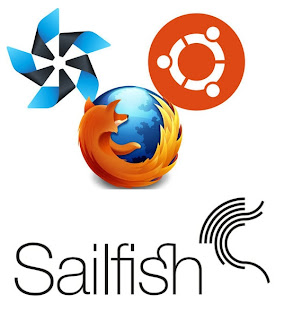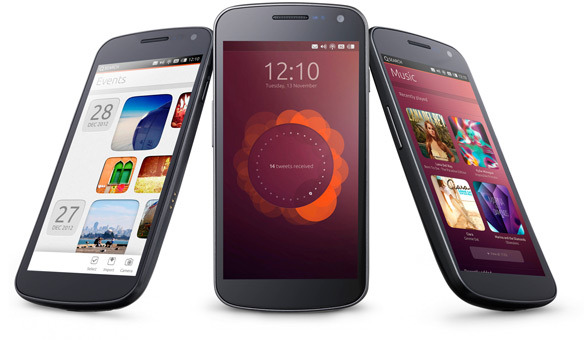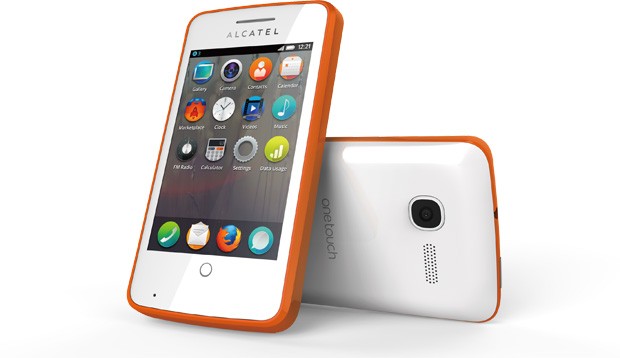Unlike any other year, this year has got a wide(and wild) range of mobile operating systems coming up. Each, with their own pros and cons, offers us some good features. Let us see about them.
Ubuntu phone:
Ubuntu existed to be an operating system for geeks but this situation changed as soon as Ubuntu switched to the new beautiful interface called “Unity”. This eye-candiness is now available for mobile phones too. Besides its beauty, this mobile OS shows some great features based on their “ONE-OS-TO-RULE-THEM-ALL” strategy(them means the mobiles, desktops and smart TVs). To know more, click here.
Firefox:
Firefox, which is the name of the world’s second most popular browser, is now the name of a new mobile operating system too. The Firefox OS, based on Linux, has all its apps written in HTML5 which is used in developing modern websites and web apps and this is its greatest plus. Some 8 million programmers know how to write in HTML5, Mozilla says, while only several hundred thousand have made apps for iOS and Android. The basic requirements for this one OS is very low and so this would be an amazing OS for both low-end and high-end phones.
Tizen:
This is the mobile operating system being developed by the present smartphone giant Samsung. The main feature of Tizen is the compatibility on multiple mobile platforms. It means that if you have make an App in Tizen, you run this app on android, IOS and windows mobile.A little change is needed in code only. Due to this ability it seems that Tizen will also be able to snatch smartphone market share. Being a Samsung product, we can expect something that’s really gonna change something in the already populated mobile OS market as they did on the smartphone arena.
Sailfish OS Jolla:
This is new age of the once popular mobile OS MeeGo. Sailfish includes a multi-tasking user interface that Jolla intends to use to differentiate its smartphones from others and as a competitive advantage against devices that run Google’s Android or Apple’s iOS. Many Android applications will run on Jolla devices unchanged. To take advantage of all UI and other features of Sailfish OS and make applications fast they may need porting to native Qt/QML.
Even though these operating systems sounds amazing, they look much like a tinkered android(which is real - they all use android linux kernel). But every big change begins with a small step. We will see what they offer in my future posts.




